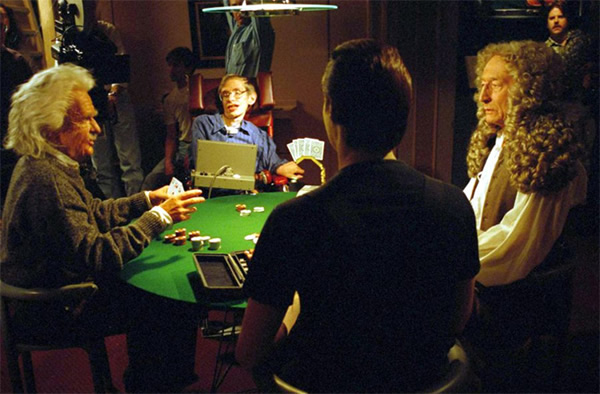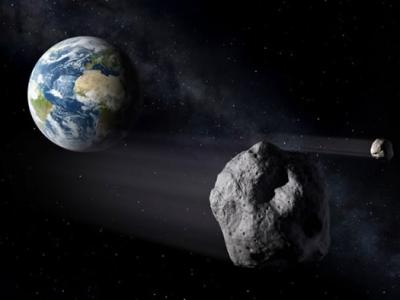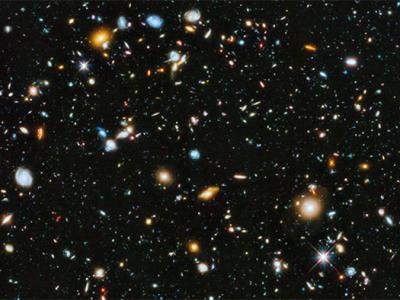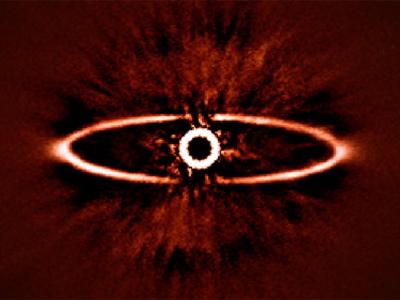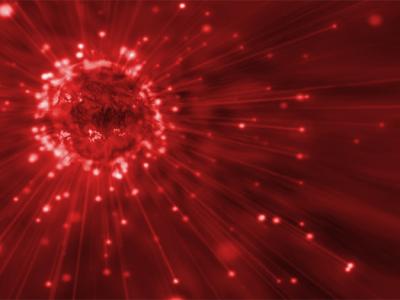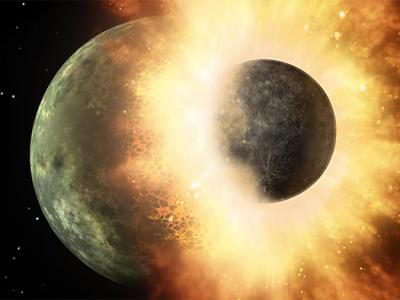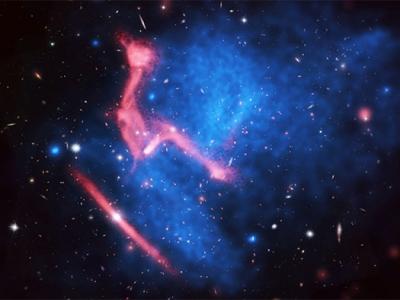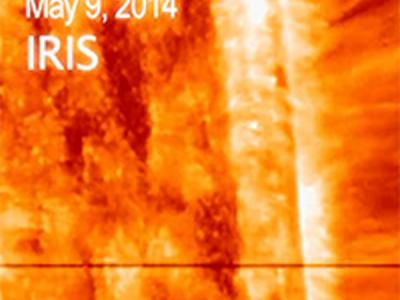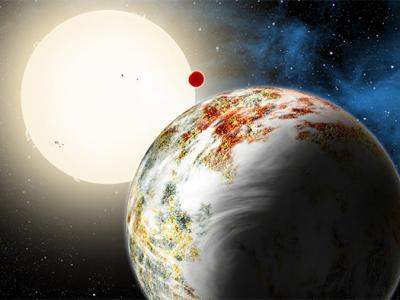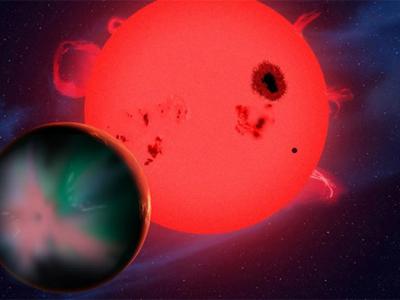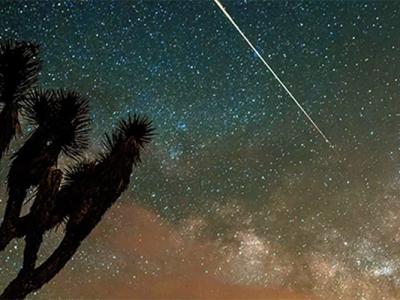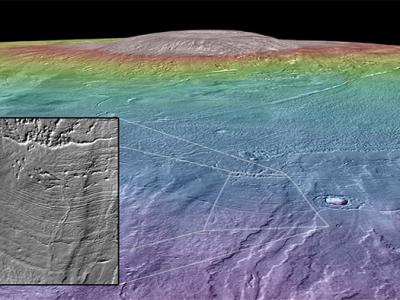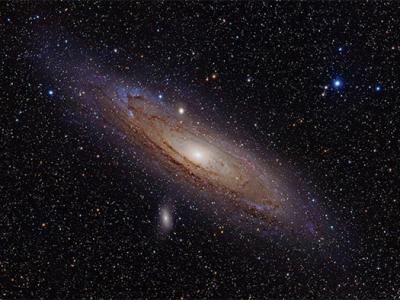Hawking: Great Scientist, Bad Gambler
World-renowned physicist Stephen Hawking has conceded that he was likely wrong about his view that the Higgs boson doesn’t exist — an outcome he doesn’t find very exciting.
Speaking at the Beckman Auditorium in Caltech, Pasadena, Calif., on Tuesday (April 16), the British physicist who is famous for developing the theory behind evaporating black holes gave a public lecture on “The Origins of the Universe,” summarizing new revelations in modern astrophysics and cosmology. The auditorium was full and hundreds of fans poured onto campus to watch the “physics superstar” give his lecture on a huge screen set up on the lawn outside Beckman.
Hawking honed-in on the question “why something rather than nothing?” reasserting his point of view that a supernatural “god” is not needed to create the universe — quantum fluctuations helped shape our evolving universe at the Big Bang, adding the conditions were “just right” for life (and therefore us) to be asking these profound questions.
Hawking believes the answer to this big question lies in M-theory, an extension to superstring theory, and that the Large Hadron Collider (LHC), located on the Franco-Swiss border near Geneva, Switzerland, could start detecting hints of supersymmetric particles in the not-so-distant future.
Not a Gambler? Lt. Commander Data plays a game of poker with holographic representations of Sir Isaac Newton, Albert Einstein, and Stephen Hawking in the 1993 Star Trek: TNG episode “Descent.” Credit: Paramount Domestic
Although much of the discussion was based around black holes, multiverses and the apparent incompatibilities of Einstein’s general theory of relativity and quantum mechanics, he did have some time to comment on the recent discovery of the much-sought after Higgs boson.
“It looks like I’ve lost another bet,” Hawking joked during his presentation to the capacity audience.
Hawking famously placed a $100 bet against fellow physicist Gordon Kane of Michigan University on the Higgs boson not being discovered. But shortly after CERN announced that the LHC had discovered a “Higgs-like particle” on July 4, 2012, he admitted the odds of him winning the bet had become very slim.
“This is an important result and should earn Peter Higgs the Nobel Prize,” said Hawking in 2012. “But it is a pity in a way because the great advances in physics have come from experiments that gave results we didn’t expect.”
He reaffirmed this disappointment at Tuesday’s Caltech lecture, saying that although the world was wrapped up in excitement for the Higgs boson discovery, he “didn’t feel the same” — a sentiment shared by many of his colleagues.
During a Q&A session after his lecture, Hawking, who suffers from the motor neurone disease amyotrophic lateral sclerosis (AMS) that has left him almost completely paralyzed, replied to questions posed by Caltech’s postgraduate students with pre-prepared answers. One question focused on what Hawking believed to be the greatest challenge facing modern cosmology.
“The recent discovery of the Higgs boson completes the Standard Model, which describes all normal matter,” said Hawking, “but the result from the Planck satellite shows that normal matter is only five percent of the energy density of the Universe.”
He was referring to the recent results to come from the European Planck space observatory that precisely measures the slight anisotropies of the ubiquitous cosmic microwave background radiation — or the ancient “echo” of the Big Bang. Using these new data, physicists have been able to confirm, and improve on, estimates for the dark matter and dark energy content of our Universe, two key challenges, in Hawking’s view, facing cosmologists.
“The best bet for dark energy is the tiny cosmological constant, but the alternative is that gravity gets weaker with distance.” He admitted, that despite intense searches, no dark matter particles have yet been confirmed to exist.
During a heartfelt tribute to Hawking, Caltech physicist John Preskill commented on Hawking’s fondness of placing bets when faced with conflicts of physics ideas. “To love Stephen Hawking is to not always agree with Stephen Hawking,” Preskill quipped. “He’s usually right, but he’s not always right.”
“Sometimes we haven’t been able to resolve our differences and we’ve resorted to making bets … it’s sad to say that although Stephen Hawking is without doubt a great scientist, he’s a bad gambler.”
Apart from Hawking’s lost Higgs boson bet, he also lost a bet to Preskill in 2004 after new revelations over quantum gravity theory and the idea that information cannot be destroyed after falling into a black hole. On that occasion, Hawking presented baseball encyclopedia to Preskill as his concession (Hawking was of the opinion that information can be destroyed). Interestingly, however, new controversial theories about the mismatch between Einstein’s general relativity and quantum gravity may reverse the ultimate outcome of that 2004 bet.
So, as tempting as it may seem to call Hawking a “bad gambler,” it might be a little too soon to call the $100 Higgs bet a loss.(Apr 17, 2013 06:07 PM ET // by Ian O'Neill )
